Emergency doctors trying to save kids from MDMA drug overdoses
Emergency medical teams can quite literally be the difference between life and death for people overdosing on MDMA and other drugs. The Ripple Effect was granted exclusive access to doctors on the frontline.
The Ripple Effect
Don't miss out on the headlines from The Ripple Effect. Followed categories will be added to My News.
Doctor Satish Mitter was on call when overdoses claimed the lives of two young people at Australian music festivals.
He has also been there when many other young people have needed their lives saved because of MDMA overdoses, the primary ingredient in the party drug ecstasy.
The Westmead emergency physician and clinical toxicologist said saving severely ill patients from drug overdoses was resource-intensive, despite hospitals being well-oiled machines, during the music festival season.
“If we have two or three patients who are very unwell over a very short period of time it stretches the resources pretty badly — I think that’s where it affects the whole department,” Dr Mitter told The Ripple Effect.
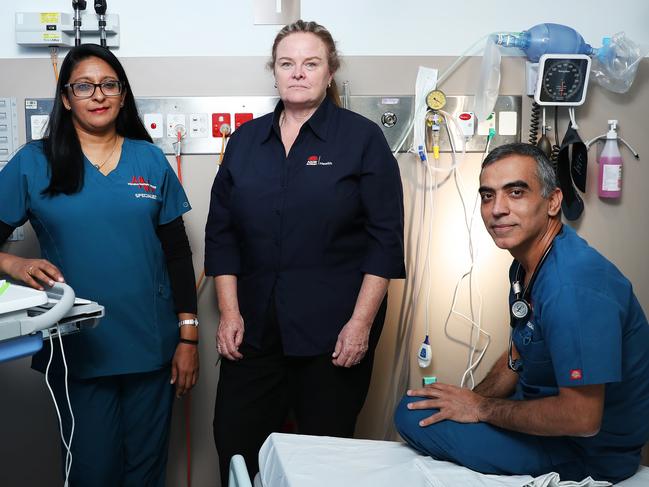
He said in one instance of a festival overdose it “took many hours of resuscitation … by the most senior staff in the department.”
Colleague Dr Kavita Varshney, another emergency physician at Westmead said patients who presented with signs of an MDMA overdose require immediate “active cooling” with fluids and ice packs to bring down their soaring body temperature.
MORE FROM THE RIPPLE EFFECT SERIES
Podcast: How to talk to your children about drugs
Podcast: How to talk to your parents about drugs
‘Safe as Panadol’: How teens are really using MDMA
Anatomy of MDMA: What it really does to your body
Failing this, Dr Varshney, who is also the disaster medical controller for Western Sydney and responsible for preparing for events that will result in increased medical needs, said doctors would resort to more extreme methods.
“If they were still not responding quickly enough to our treatment it could even involve paralysing them which is really a way to stop their metabolism and stop them from generating any new heat, but to do that safely means we then have to protect their airway and intubate them,” Dr Varshney said.
“It’s a way to press reset on your metabolism so everything stops and you can cool down.”
These patients then require between one to two days in intensive care for continuous observation and treatment.
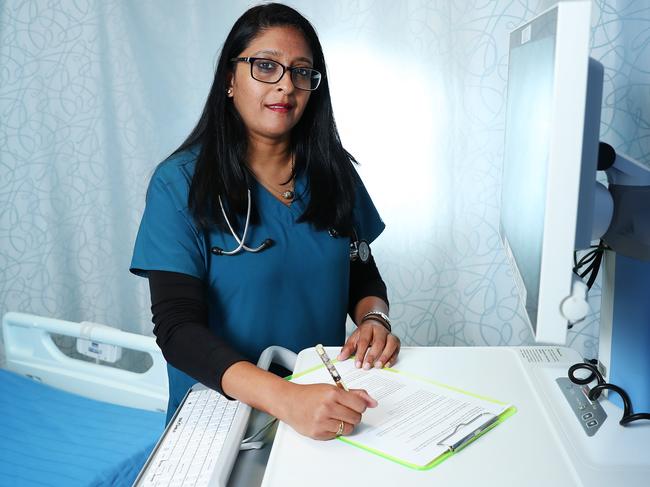
Emergency doctors say they are constantly working “on the verge of chaos” but add a music festival into the mix, resulting in multiple patients at the same time and all extremely unwell in rapid succession, hospital resources are inevitably stretched.
Like with any major trauma, senior staff from a number of departments, including anaesthetics and intensive care, are called in to help save revellers fighting for their lives after a drug overdose.
Disaster manager for Western Sydney Local Health District Caren Friend said while many festival operators are doing their part in trying to make their events safer, revellers ultimately need to look out for themselves and their friends.
“That’s where the messaging needs to go out to the festivalgoers that if you’re noticing your friends are not behaving normally or they’re looking unwell to seek advice because that earlier advice, that earlier assistance is what is helping them,” she said.
Central Coast intensive care doctor Kylie McArdle said there is a “feeling” among ICU (intensive care unit) staff and toxicologists that there has been a spike in the number of MDMA presentations over the past 18 months.
“More importantly for us, it’s certainly been very clear the severity of toxicity and the number of people presenting with life-threatening illness has certainly been a lot higher,” Dr McArdle, also a toxicologist with the NSW Poisons Information Centre, said.
“People are just sicker and more people are requiring admission to intensive care for life support.”
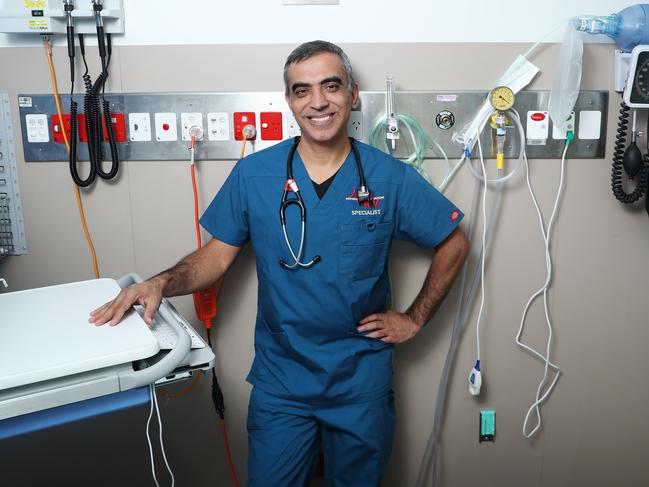
Dr McArdle said the NSW Poisons Information Centre — a hotline for advice on poisoning chemicals — now receives calls every week about MDMA as a result of the drug becoming increasingly popular in the party scene.
“This is happening everywhere every weekend and while the alert level is higher particularly now with a music festival and a large music festival occurring, really this is something that can occur at anytime,” she said.
“One of my major fears is the cluster — or kind of the large number of people from one event whether that be a music festival or a nightclub or a private party — all presenting at once with very severe toxicity.”
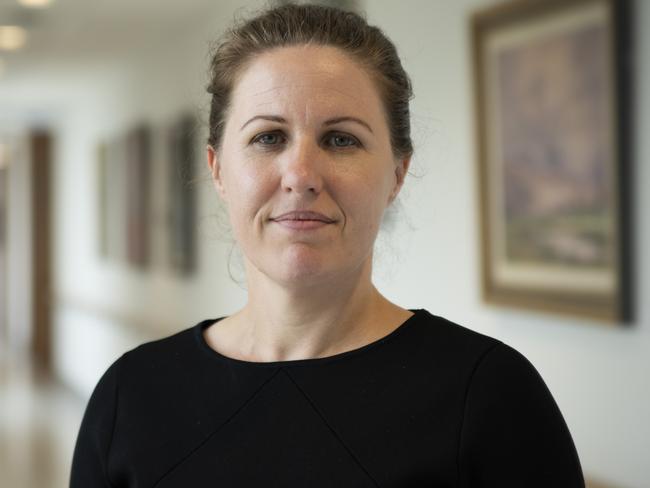
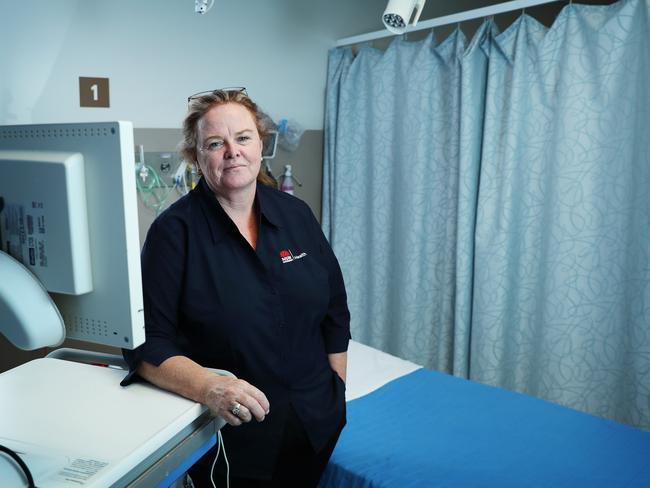
But despite growing numbers of MDMA-related overdoses showing up on their doorstep, doctors say it is pointless to feel disappointed about the choices patients make.
Instead, they are urging revellers to look out for one another, stay hydrated and seek help immediately if they or a friend are starting to deteriorate.
“We just say whatever they’ve done, they’ve done,” Dr Mitter said.
“Let’s just move on and look at how we can support them. Most people would regret it after – some still do it again but that’s their choice.”
A Gold Coast Health spokeswoman said emergency staff were located in a medical tent every night during the “Safer Schoolies Response” and worked closely with Queensland Ambulance Service.
“While we do treat students for intoxication, we mostly see presentations for minor injuries like blisters, cuts and foot injuries,” she said.
Originally published as Emergency doctors trying to save kids from MDMA drug overdoses
